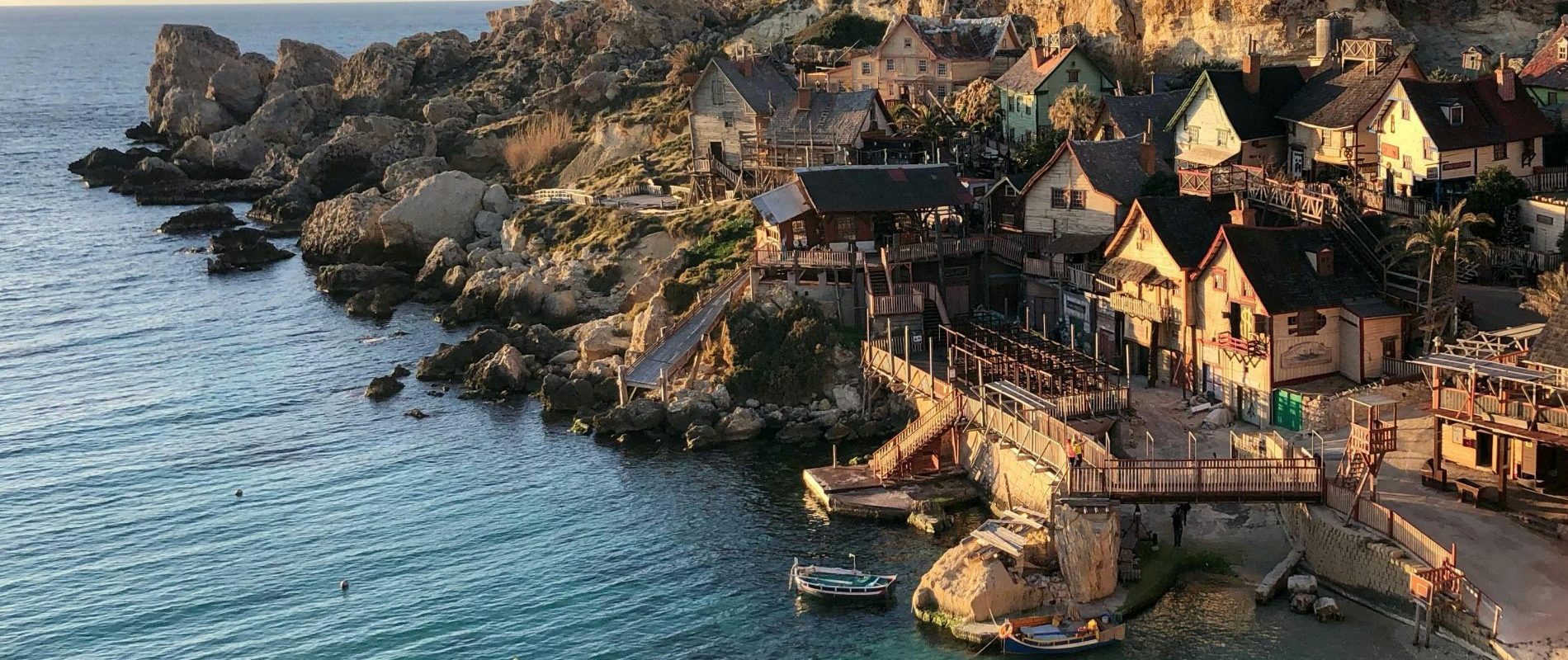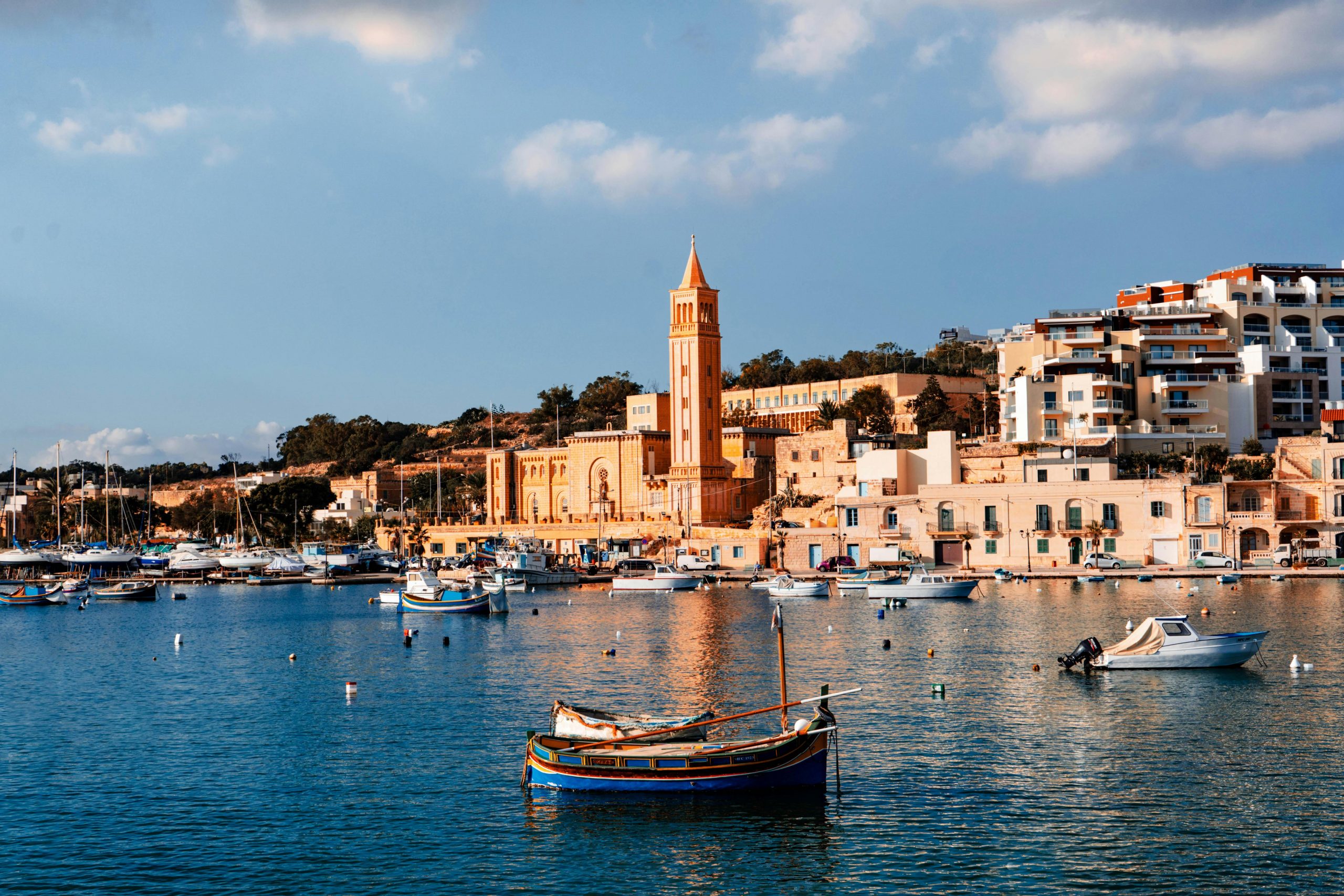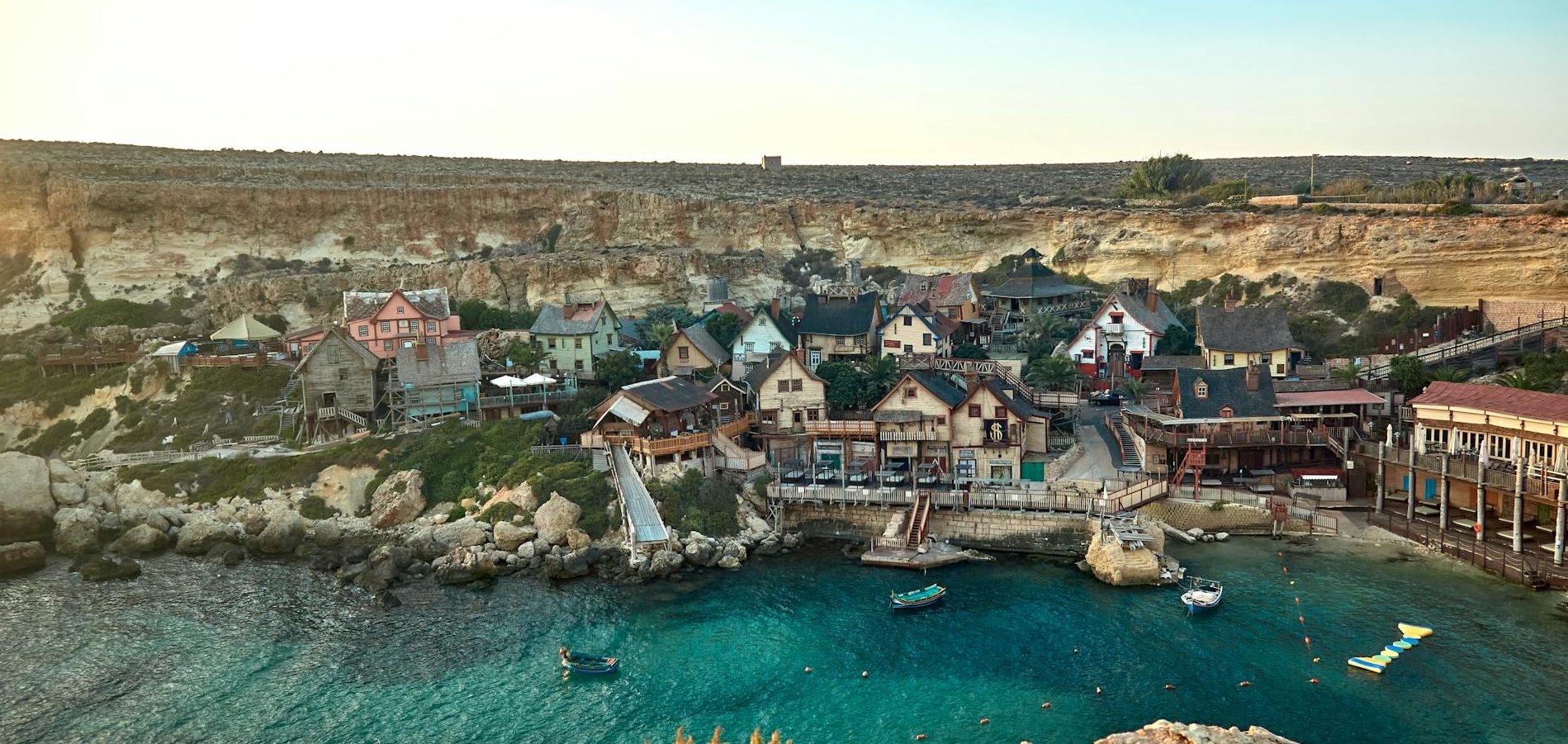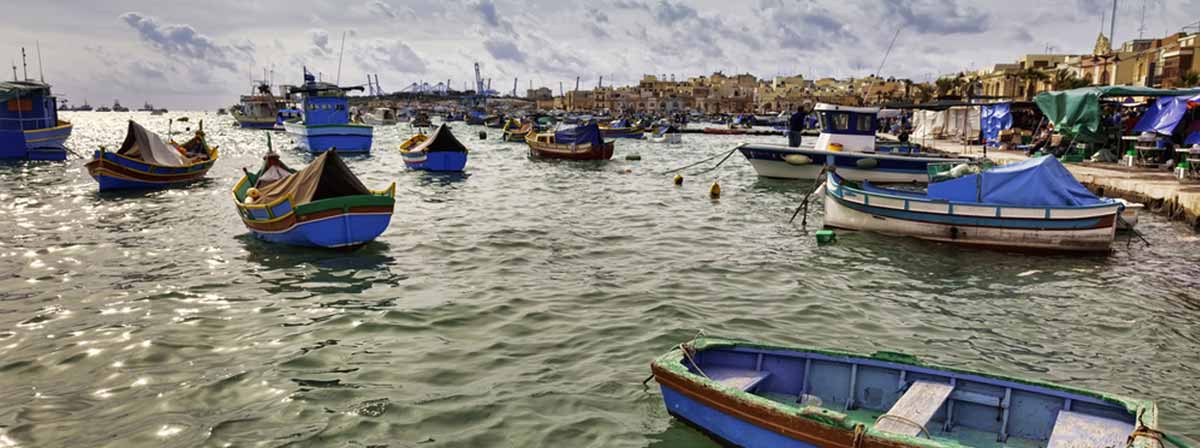
Malta is a small island nation in the Mediterranean, steeped in rich history, from its ancient name “Melita,” meaning “honey-sweet,” to its unique architectural heritage like Mdina’s narrow, shadowed streets. The Maltese have a deep connection to their traditions, evident in their love for cars despite the small size of the island and the ongoing debates about connecting Malta to its sister island, Gozo, via a tunnel or bridge. The island’s culture is further enriched by its status as a filming location for blockbuster movies and its intriguing customs, such as the clocks on churches showing different times to confuse the devil. This blend of ancient history, vibrant culture, and modern quirks makes Malta a fascinating place to explore, but it also presents unique challenges for those considering making it their home.
Despite its many attractions, some expats leave Malta after a few years. The high cost of living is a primary factor. Rent prices have soared in popular areas like Sliema and St. Julian’s, making it challenging for many to afford comfortable accommodation. Additionally, Malta’s small size can lead to a feeling of insularity, where the lack of variety in entertainment and shopping options becomes a significant drawback for those accustomed to larger cities. Another reason people leave is the job market, which, while growing in sectors like finance and online gaming, remains limited for highly skilled professionals. The preference for hiring locals can make it harder for expats to find well-paying jobs in their fields.
Malta’s rapid population growth and increasing tourists have led to several pressing issues. Overcrowding, especially in urban areas, has strained the island’s infrastructure, leading to traffic congestion and overburdened public services. Public transport, though affordable, can be unreliable, and the island’s road network often struggles to handle the volume of vehicles. Environmental concerns are also on the rise. The demand for more housing has led to overdevelopment in some areas, threatening the island’s natural beauty and losing green spaces.
Living in Malta requires careful financial planning. The cost of utilities, such as electricity and internet, is higher than in many other European countries. Additionally, the climate, while appealing to sun lovers, can be harsh. Malta’s summers are hot and dry, and the island’s buildings are often poorly insulated, making both summer and winter uncomfortable indoors without proper air conditioning or heating. While health care is generally of good quality, it can be slow due to high demand. It’s essential to have a comprehensive health insurance plan to cover any potential gaps in service.
One of the main aspects to avoid is relying too much on public services without understanding the local system. Bureaucracy in Malta can be frustrating, with processes like registering for utilities or obtaining residency permits taking longer than in other European countries. Preparing thoroughly and seeking advice from those who have already navigated the system is advisable. Moreover, it’s wise to avoid renting properties without thoroughly checking the terms, as rental prices can be steep and are often subject to seasonal fluctuations. Negotiating hard and understanding your rights as a tenant can save you from potential financial strain.
The Maltese government has introduced several initiatives to address these challenges. Efforts are being made to regulate the housing market, with discussions around rent control to curb the rapid price increase. Regarding infrastructure, ongoing projects aim to improve road networks and expand public transport services to better accommodate the growing population. Environmental preservation has also become a priority, with initiatives to protect green spaces and promote sustainable development. The government is working on reducing the island’s carbon footprint, though the success of these measures remains to be seen.
Considering all the information, the decision to move to Malta depends on your circumstances. While the island offers a unique lifestyle with its Mediterranean charm, the high cost of living, limited job opportunities, and infrastructure issues are significant disadvantages. However, Malta can be an appealing destination for those navigating these challenges.
At VanOne International Movers, we understand the complexities of relocating to a new country. Whether you’re moving for work or a feel for adventure, our services are designed to facilitate your move to Malta as much as possible. Whether you’re looking for house removals to Malta or need assistance with customs clearance, our team ensures that your belongings are fully insured and safely transported. We offer tailored services, including door-to-door collection and delivery, to ease your transition to life in Malta. Contact us today and get a free quote.
 How Much Does It Cost to Move to Malta?
How Much Does It Cost to Move to Malta?How Much Does It Cost to Move to Malta? Moving to Malta can be fascinating, but understanding the…
 Is Malta a Good Country to Relocate To?
Is Malta a Good Country to Relocate To?Is Malta a Good Country to Relocate To? The place where the sun marks its presence for most…
 Transportation in Malta
Transportation in MaltaDriving A taxi driver once explained Maltese driving in a nutshell to me. He…